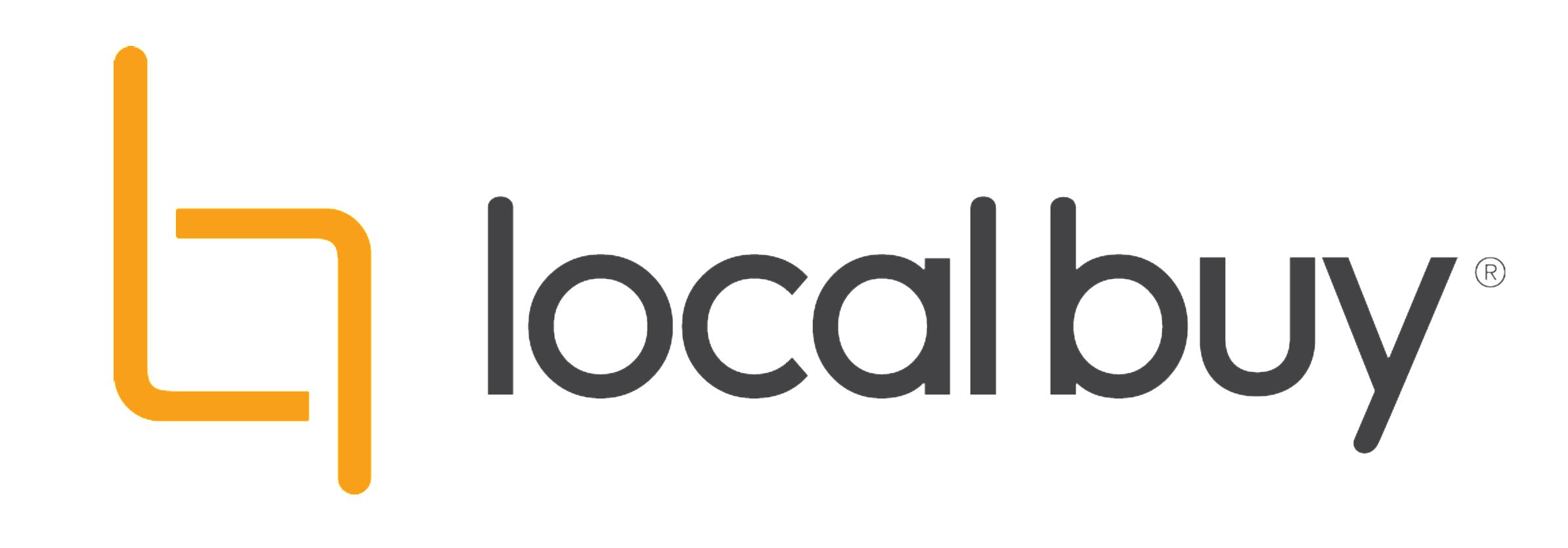Shining a Light on our Limitations to Help Others
18th August 2023
 Author: Dean Tuckey.
Author: Dean Tuckey.
Have you ever had the experience of your child taking your advice not from you but from one of their friends? Why, from a young age, do children sometimes choose to overcome obstacles by modelling peers and not by taking parents' advice?
A famous speech by Marianne Williamson made me think about this and how we can support others to overcome their challenges.
Nelson Mandela’s 1994 inaugural speech has a line: “We ask ourselves, who am I to be brilliant, gorgeous, talented and fabulous? Actually, who are you not to be?” When I was younger than I am today, these words triggered images of somehow being larger than life. I don’t know why I pictured this; I just did. For me today, it means to be comfortable in your skin – to be authentic and not afraid to show others who you are – neither shying away from your talents nor your limitations.
Another line asserts, “And as we let our own light shine, we consciously give other people permission to do the same”. Again, I’m all for acting as positive role models for promoting our abilities and backing ourselves. And this is not a criticism of the speech – I found it incredibly inspiring. However, as I developed personally and professionally, I noted the importance of acknowledging my fears, faults and poor decisions. This acknowledgement was vital because it provided the foundation for addressing and moving beyond these limitations.
Part of working through these challenges was recognising that others were dealing with the same issues. Our ego-centric side believes that we are the only person who has ever struggled in this way and with these challenges. Through my work, I have been lucky enough to realise that these challenges are commonplace rather than unique. There is validation in this awareness. Recognising that our limitations are part of the human experience rather than a sign of our ‘freakiness’ allows us to move from denial to acceptance. Once we accept the way we are, we are open to taking action to improve ourselves.
I have found that validating people’s fears and failings as a normal part of the human experience supports them to shift to acceptance. Conversely, statements that suggest the other person needs to ‘get over it’, ‘lift their game’, or ‘not worry about it’ indicate that something is inherently wrong with their current way of dealing with the situation. For many people, this only keeps them stuck. Implausibly, as a leader or mentor, shining a light on our own limitations and poor decisions bears witness to their experience and provides a pathway for moving forward.
Just as a child is more likely to move beyond the need for floaties when their friend no longer uses them to swim, adults also find it easier to follow the guidance and mentorship of someone who has shared the same or similar challenges. The Guru may be inspiring, but they are not relatable. To be relatable, we must be willing to shine a light on the limitations we have overcome and still struggle with. Be proud of your talents and achievements, but equally recognise that you could be helping someone else to shine by illuminating your insecurities and challenges.
